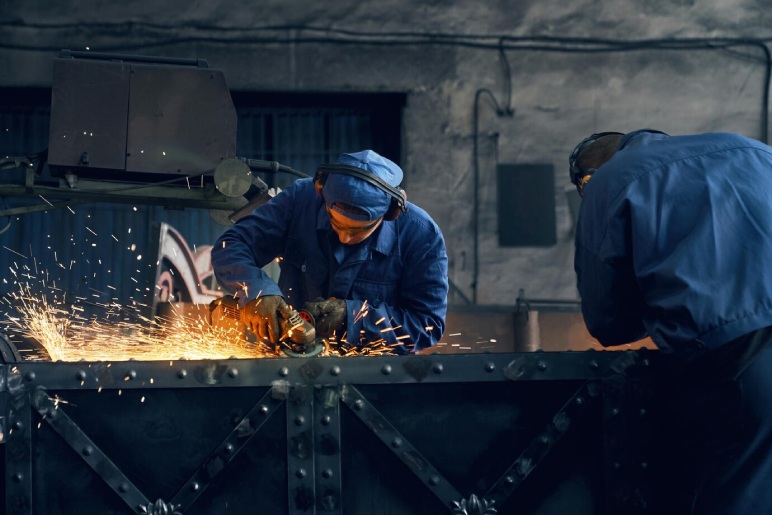Those young people, who are going to start their career life and consider steel or iron ore as a career option might want to ask Is Steel Or Iron Ore A Good Career Path? When considering a job in the steel or iron ore industry, one wonders if it is a suitable career path.
The yes shouts! The steel and iron ore sector stands as a vital pillar of the global economy, offering a diverse number of occupational prospects. Whether one tends towards engineering, management, or operations, a niche exists in this industry.
What Is The Steel Or Iron Ore Career Path?
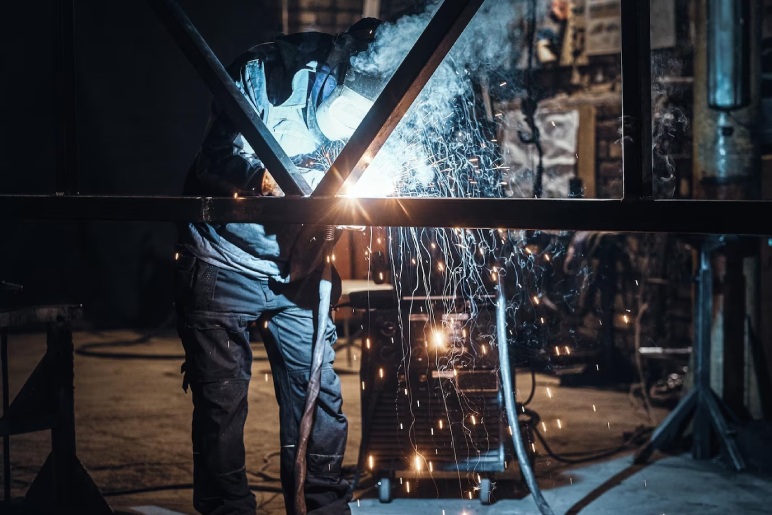
Within the domain of steel and iron ore, a variety of roles beckoned. Engineers, technicians, operators, and managers stand as the bedrock of this industry. Engineers are driving the design and innovation of novel products and processes.
Technicians and operators, on the other hand, bear the responsibility for the equipment’s operation and upkeep. Managers oversee the entire operational scope, ensuring seamless functionality. Now we are about to tell you the reasons why we say yes to the question Is Steel Or Iron Ore A Good Career Path?
Beginning A Career in Steel 0r Iron Ore: Ideal Approaches
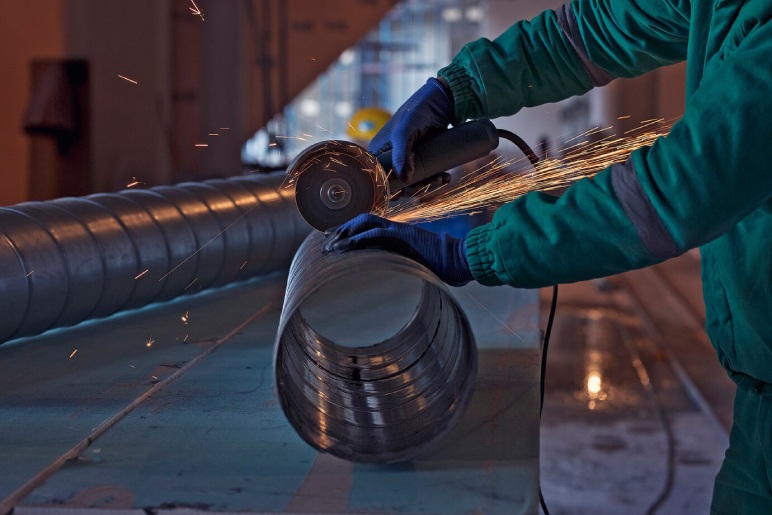
Beginning a journey towards a career in steel or iron ore requires strategic steps. Primarily, pursuing a degree in engineering, management, or a related discipline lays the foundation for success in this sphere.
This academic pursuit equips one with the requisite skills and knowledge. Simultaneously, seeking internships or entry-level positions facilitates experiential learning and fosters valuable industry connections.
Remuneration In The US And UK For Steel And Iron Ore Professions

Remuneration within the steel and iron ore sector varies depending on the role and geographical location. In the United States, steelworkers command an average annual salary of approximately $50,000. That is why we say yes to the question Is Steel Or Iron Ore A Good Career Path?
Engineers and managers, by contrast, can potentially garner considerably higher earnings. Conversely, in the United Kingdom, steelworkers secure an average annual income of around £30,000, with engineers and managers potentially surpassing this threshold.
Risks of a Career in Steel and Iron Ore
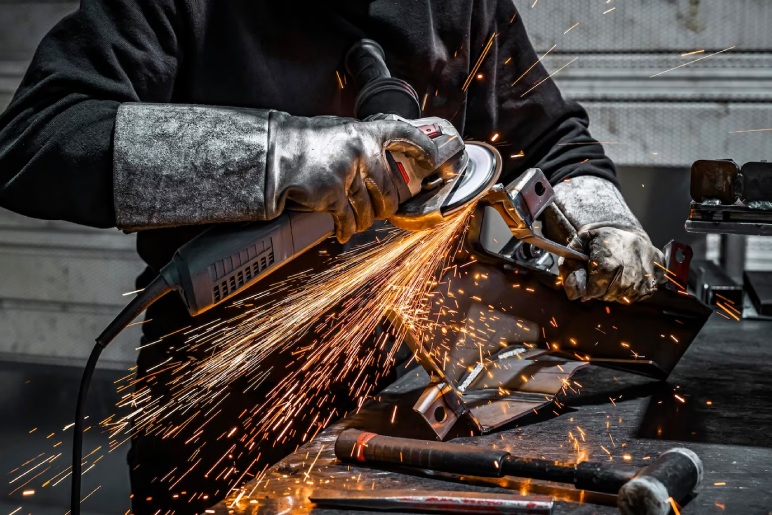
Similar to any industry, the steel/iron ore domain harbors its share of challenges. Foremost among them is the potential for workplace accidents. Given the involvement of heavy machinery and equipment, adherence to stringent safety protocols is imperative.
Moreover, economic downturns may precipitate instances of workforce downsizing, underscoring the industry’s susceptibility to cyclical fluctuations.
Is Steel Or Iron Ore A Good Career Path?
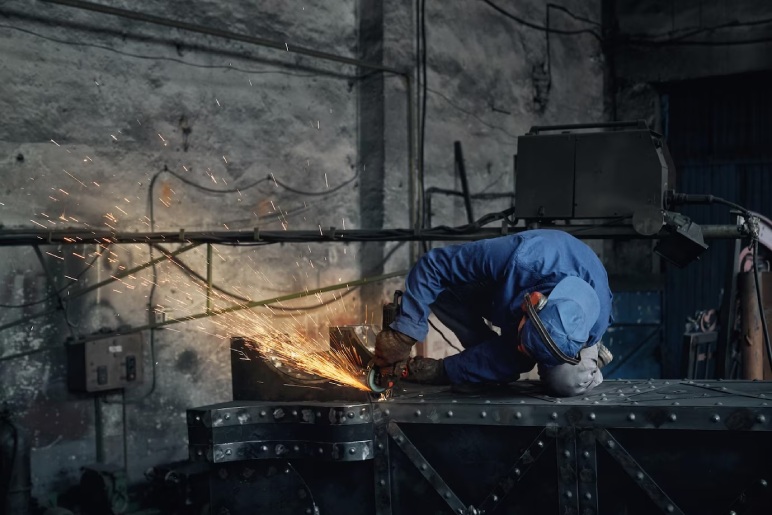
Finally, you reached the main part of the article where we are going to give you the answer to your question that asks is steel or iron ore a good career path. contemplating a career in the steel and iron ore industry, it’s imperative to weigh the advantages it offers:
1. Job security
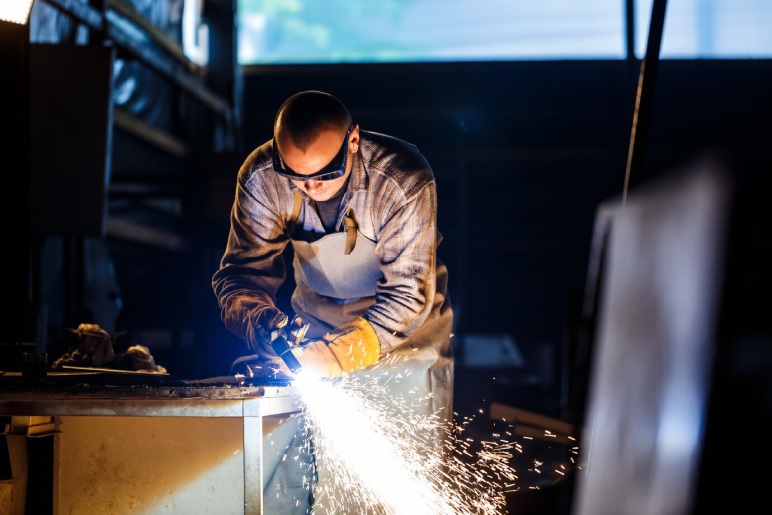
The steel and iron ore sector inherently provides robust job security. This stems from the pervasive use of steel and reinforced concrete in industrial, commercial, and residential construction. The demand for skilled labor and refined expertise ensures a consistent stream of work opportunities.
Notably, the U.S. Bureau of Labor Statistics (BLS) anticipates 4% job growth for ironworkers, encompassing structural iron and steel workers, from 2021 to 2031. This growth mirrors the overall occupational trend. The BLS attributes this to the escalating need for skilled professionals to maintain, repair, or replace aging bridges and highways.
2. Easy Entry
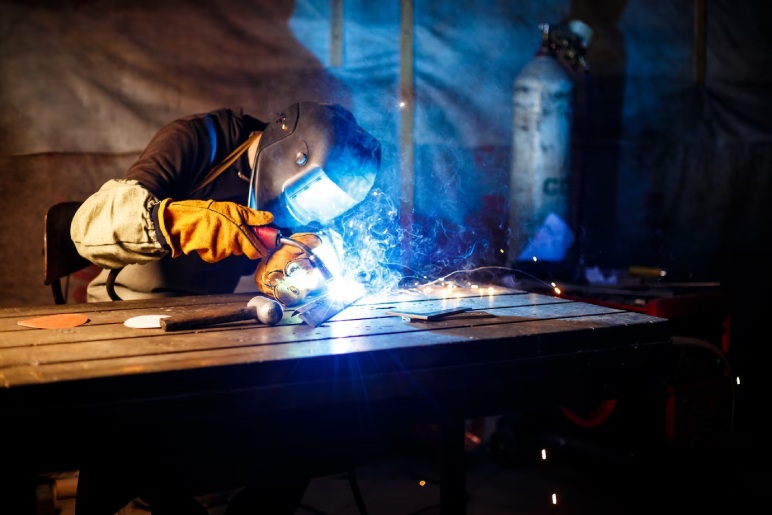
For those seeking swift entry into the workforce, the steel and iron ore industry provides ample opportunities. Numerous entry-level positions are available, often requiring no specialized credentials. While some employers may necessitate a high school diploma or its equivalent, a college degree or extensive work experience is typically not a prerequisite.
3. Avenues for Progression
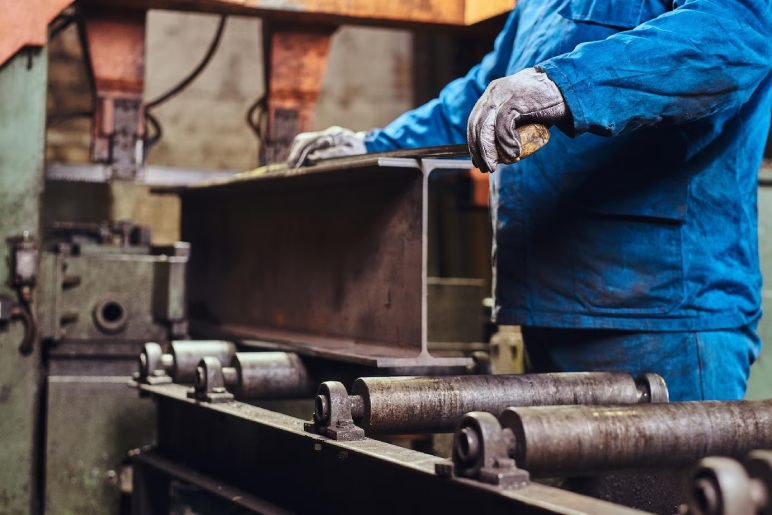
Even in an entry-level capacity, the steel and iron ore industry offers the prospect of significant career advancement. Accumulating experience in such a role allows for the enhancement of qualifications, paving the way for higher-paying positions with diverse responsibilities.
Pursuing mid-level or senior-level roles within this industry can yield heightened professional gratification and a deeper sense of fulfillment in one’s vocation.
4. Physical Engagement
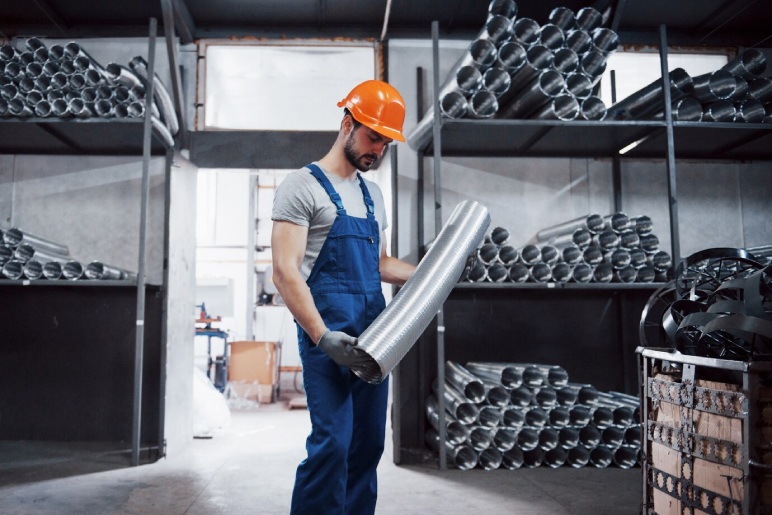
For individuals seeking a physically dynamic occupation, the steel and iron industry presents an appealing prospect. Unlike sedentary roles confined to desks or computers, this field involves activities demanding physical prowess and endurance.
Tasks such as ascending ladders, bending, and lifting substantial objects are commonplace. Even in managerial capacities, maintaining physical activity is facilitated through site visits and occasional hands-on assistance for team members.
Top Career Plans in Steel and Iron Ore

The steel and iron ore industry remains in a state of perpetual evolution, offering a dynamic landscape of burgeoning career opportunities. Among the swiftest ascendant roles are automation engineers, data analysts, and sustainability specialists.
Automation engineers spearhead the design and implementation of automated systems, while data analysts harness information to enhance operational efficiency. Sustainability specialists, in turn, focus on waste reduction and the enhancement of environmental sustainability.
Four Entry-Level Roles in Steel and Iron Ore
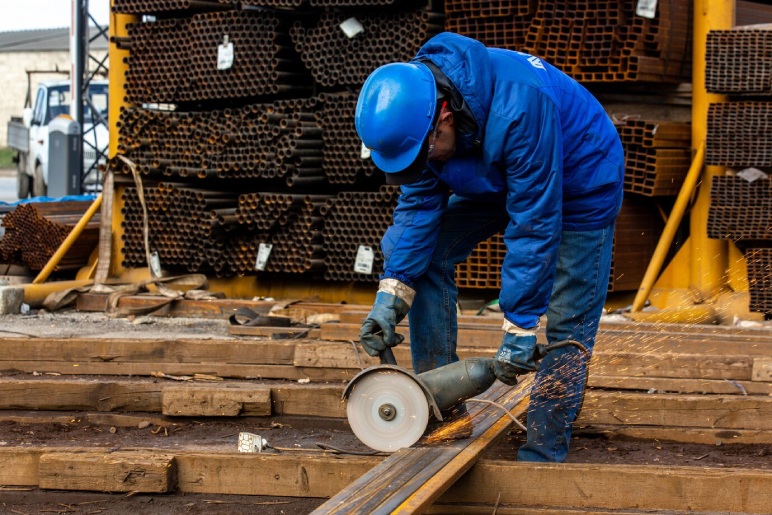
Presented herein are four entry-level positions within the steel and iron ore sectors, each requiring minimal prior experience and educational prerequisites. This is why we can say yes to the question: is steel or iron ore a good career path because you can find jobs in this career path even if you are a fresher. Those 4 entry-level jobs are:
1)Wireline Operator
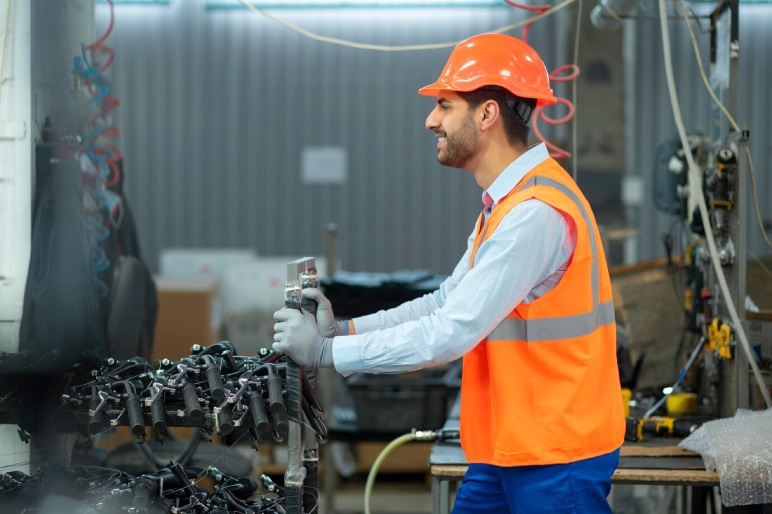
National Average Salary: $40,125 per annum
Primary Duties: Facilitating access to essential equipment for fellow employees within an iron mine Responsibilities encompass maintenance of wireline equipment, reporting tool-related issues, and preparing wireline strings.
2) Driller Helper
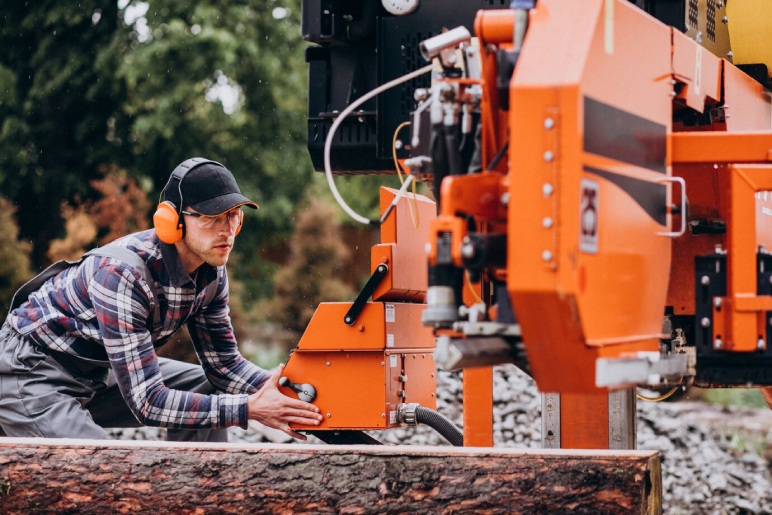
National Average Salary: $55,336 per annum
Primary Duties: Assisting the primary crew in the iron ore drilling process. This entails aiding in the positioning and operation of drill rigs for optimal efficiency.
3) Truck Driver

National Average Salary: $81,631 per annum
Primary Duties: Transporting mined ore, manufactured materials, or steel-endowed final products using commercial trucks Adherence to driving regulations and safety protocols is paramount.
4) Miner

National Average Salary: $88,344 per annum
Primary Duties: Engaged in excavating iron ore from open-cut or underground mines, preparing it for transportation. This role involves the use of explosives for dislodging ore as well as adherence to safety protocols.
High-Paying Jobs In Steel And Iron Ore
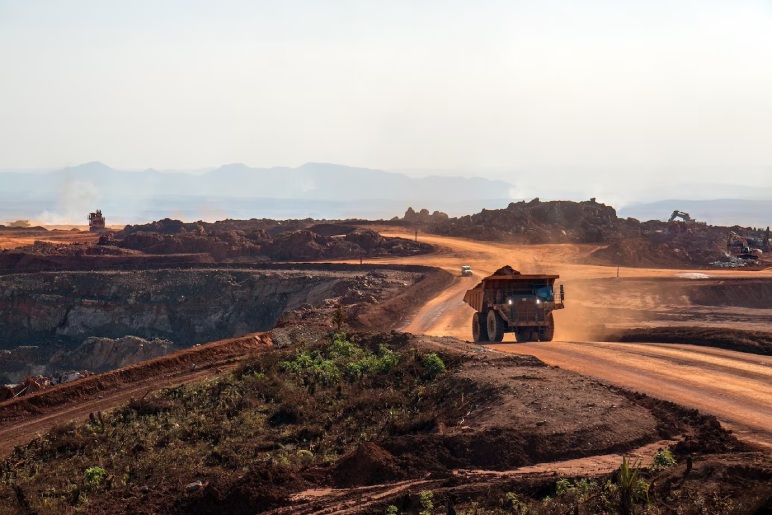
There are many high-paying jobs in this career path and that is why we say yes to the question that asks is steel or iron ore a good career path. As per the Bureau of Labor Statistics (BLS), the average annual salary for professionals in iron and steel mills and ferroalloy manufacturing stands at $59,290.
The following roles command salaries surpassing this figure, attainable with accrued experience in the steel and iron ore sectors:
1) Metallurgical Engineer
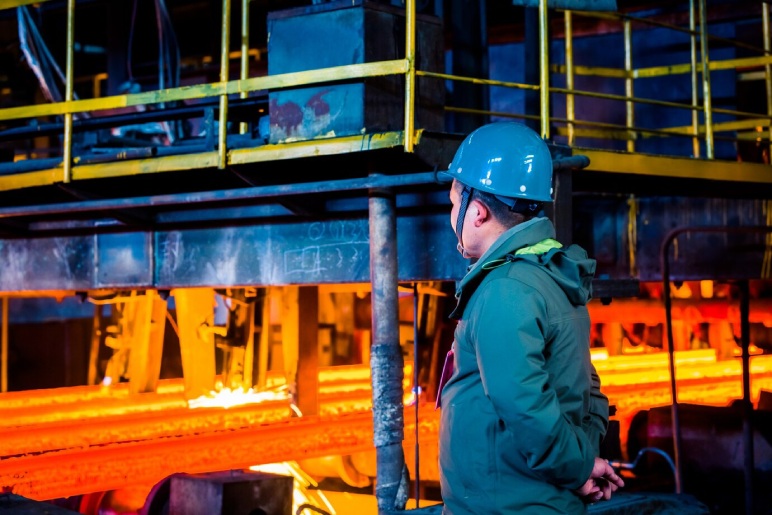
National Average Salary: $86,552 per annum
Primary Duties: The production of metals and metallic components for various consumer and construction applications, emphasizing durability and weight minimization.
2) Structural Engineer

National Average Salary: $89,793 per annum
Primary Duties: Active involvement in the design of tunnels, bridges, buildings, and other structural endeavors. Ensuring robust structural support systems is paramount.
3) Senior Field Engineer

National Average Salary: $91,567 per annum
Primary Duties: Oversight of mining operations, entailing inspection, installation of new technologies, and research for process optimization. Additionally, providing directives to miners and documenting project status.
4) Plant Manager

National Average Salary: $110,475 per annum
Primary Duties: Supervisory role in steel mills or similar facilities, ensuring adherence to established protocols. This encompasses overseeing employee activities and conducting quality assessments.
5) Mine Overseer

National Average Salary: $182,731 per annum
Primary Duties: Supervising mine operations, including the coordination of machinery, meeting quotas, and ensuring safety measures. Effective ventilation implementation is integral to this role’s responsibilities.
Conclusion

This article starts with a question that says is steel or iron ore a good career path and we tried our best to provide you the answer that contains all the necessary and essential information you need to know regarding this query. To wrap it up all we can say is that steel or iron is an excellent career path for both freshers and experienced people.
Have A Look :-
- Awards Announced: These are the winners of the 2023 Florida Tourism Industry
- Zoom Is Going To Launch A New Set Of Tech To Help You In The Zoom Meetings
- The Reason Why Birmingham, The Second Biggest City In The UK Declared Itself Bankrupt

